US seeks to disrupt Yemeni peace process: Head of Supreme Political Council
The US is seeking to disrupt efforts to establish a nationwide peace across the impoverished Yemen, the head of the country’s Supreme Political Council (SPC) has warned, following recent direct talks between representatives from the Yemeni Ansarullah resistance movement and Saudi officials.
SPC Chief Mahdi al-Mashat further emphasized on Thursday that Washington does not desire the resolution of Yemen’s devastating humanitarian crisis – recognized by the United Nations as the world’s worst – and reiterated that prolongation of the disaster would neither serve the interests of the Saudi government nor the Middle East region.
“Saudi authorities should not surrender to pressure from US officials. Capitulation to Americans’ outrageous demands would bear nothing other than destruction and instability,” the high-profile Yemeni official then pointed out.
Mashat made the remarks days after US Secretary of State Antony Blinken spoke with Saudi Arabia’s Foreign Minister Prince Faisal bin Farhan Al Saud to weigh in on Riyadh’s continued role in the negotiations with the Ansarullah movement and the ongoing Yemeni peace process.
This is while Saudi and Omani delegations held talks earlier this month with Ansarullah officials in the Yemeni capital city of Sana’a, with the progress of the talks lauded by several parties to the conflict.
Following the talks, Saudi Arabia’s ambassador to Yemen, Mohammed bin Saeed al-Jaber, declared in a Twitter message that the talks were meant to “stabilize the truce and cease-fire, support the prisoner exchange process and explore venues of dialogue between Yemeni components to reach a sustainable, comprehensive political solution in Yemen.”
Mashat further stated that the next round of talks with Saudi Arabia would begin following the upcoming Eid al-Fitr holiday, marking the end of the holy Muslim fasting month of Ramadan, Yemen's official Saba news agency reported.
The previous talks ended hours before 318 prisoners were transported on four flights on April 14 between the southern Yemeni port city of Aden and Sana’a, reuniting detainees with their families.
All parties to the conflict in Yemen agreed at negotiations in Switzerland last month to free 887 detainees and to meet again in May to discuss further releases. The deal was overseen by the United Nations envoy for Yemen, Hans Grundberg, and the ICRC.
Meanwhile, Riyadh and Tehran agreed last month to restore diplomatic ties severed in 2016, raising optimism for further progress in Yemen’s peace process.
Saudi Arabia launched its brutal war of aggression against Yemen in March 2015 in collaboration with a number of its regional allies along with plenty of arms deliveries and logistics support from the US and several other Western governments to reinstall former Yemeni president Abd Rabbuh Mansur Hadi, who resigned from the presidency in late 2014 and later fled to Riyadh amid a political conflict with the popular Ansarullah movement.
The key objective of the war was to crush the Ansarullah movement, which has been running state affairs in the absence of an effective government in Yemen.
However, the Saudi-led military aggression has stopped well shy of all of its objectives, despite leaving tens of thousands of Yemenis killed and many more starved and displaced, turning the entire country into what is widely recognized as the scene of the world’s worst humanitarian crisis.
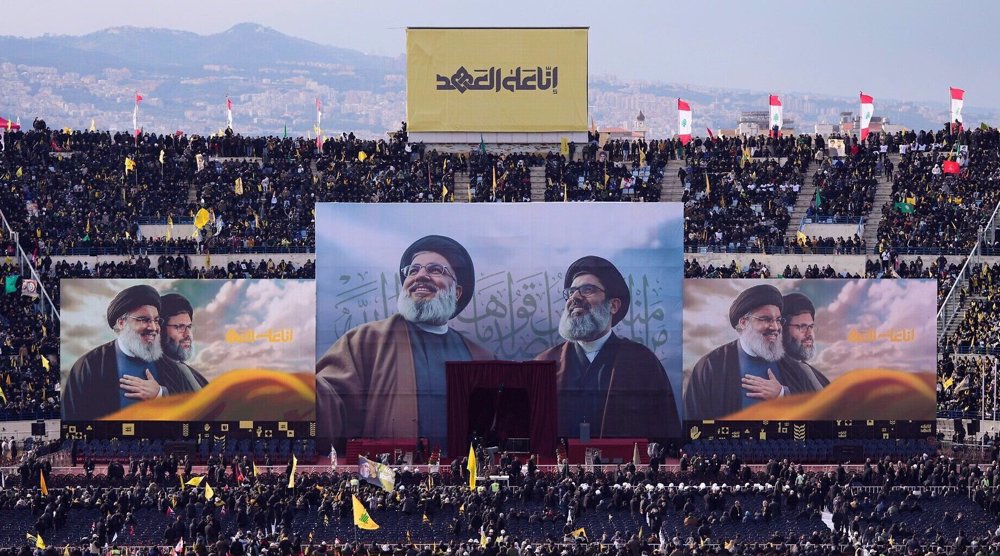
Nasrallah shattered myth of Israeli military’s invincibility: Top Yemeni official
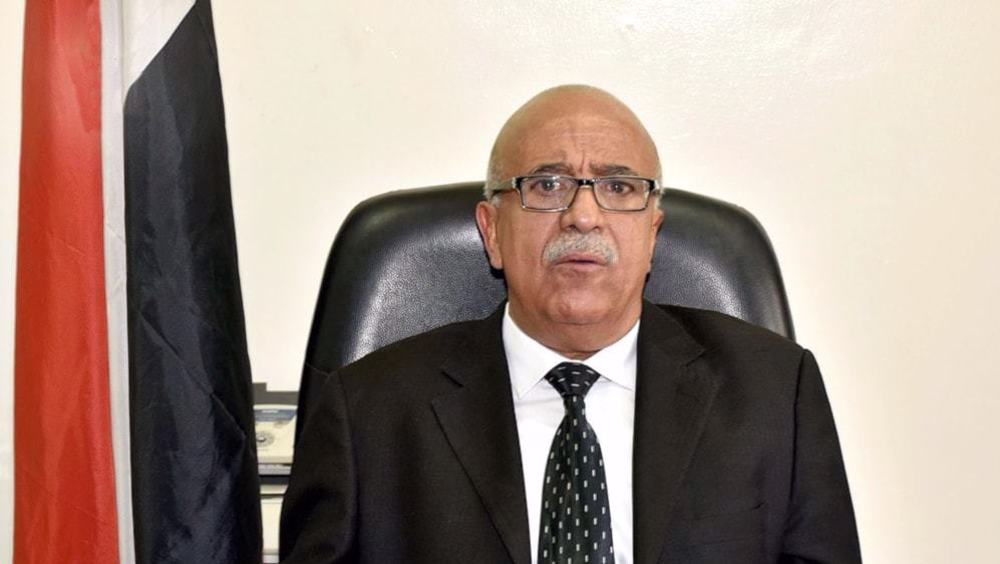
Yemeni PM: Hezbollah brought Zionist enemy to its knees
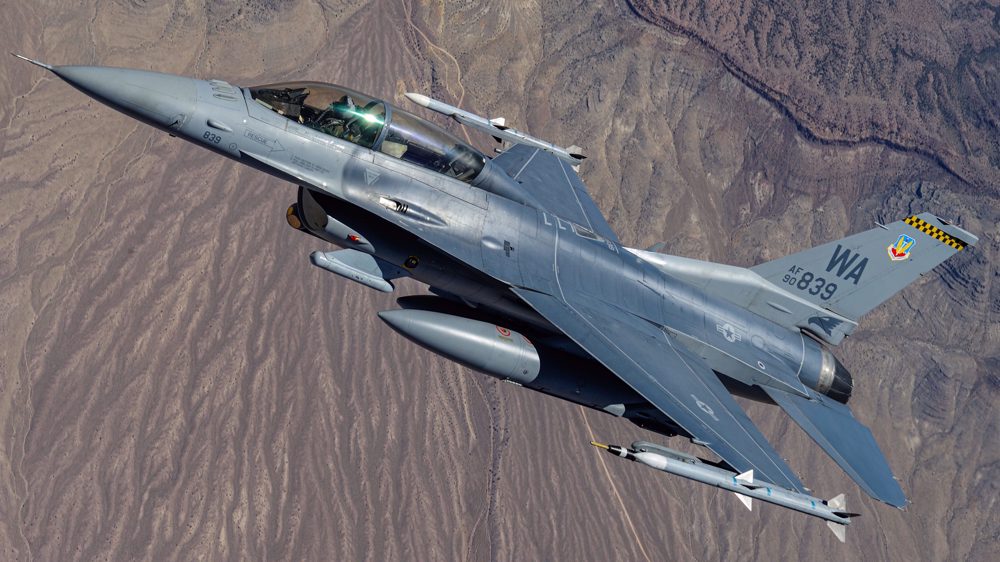
Yemeni forces target US warplane: Report
Egypt: Hamas-Israel negotiations on next phase of ceasefire begin
Over dozen settlers injured in anti-Israel operation near Haifa
Pezeshkian: Iran open to talks but won’t capitulate to bullies
VIDEO | Iran unveils advanced naval arsenal
VIDEO | Reunion of released Palestinians and their families in Khan Yunis
Kurdish leader Ocalan calls on PKK militants to end war with Turkey
Health leader warns Africa's health services at risk of 'collapse'
VIDEO | Press TV's news headlines


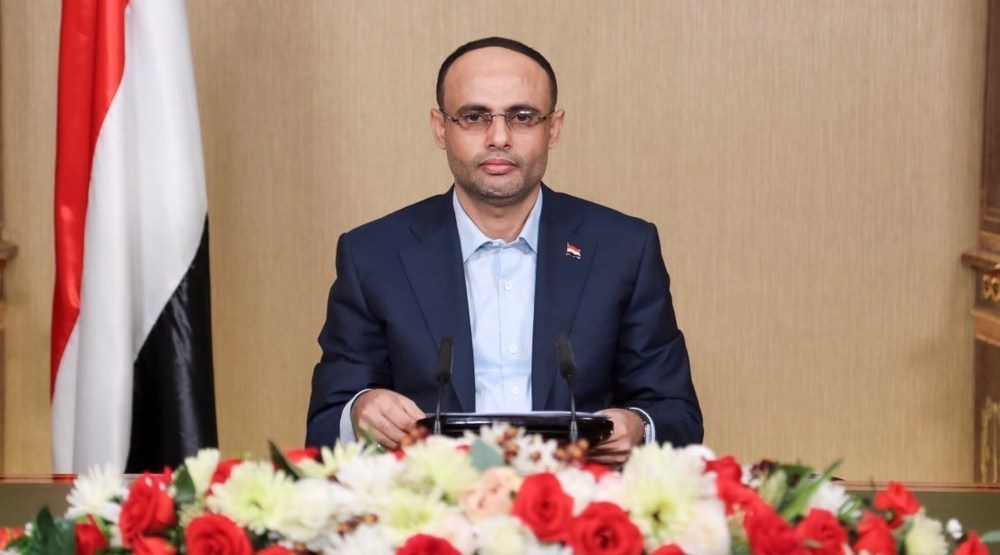
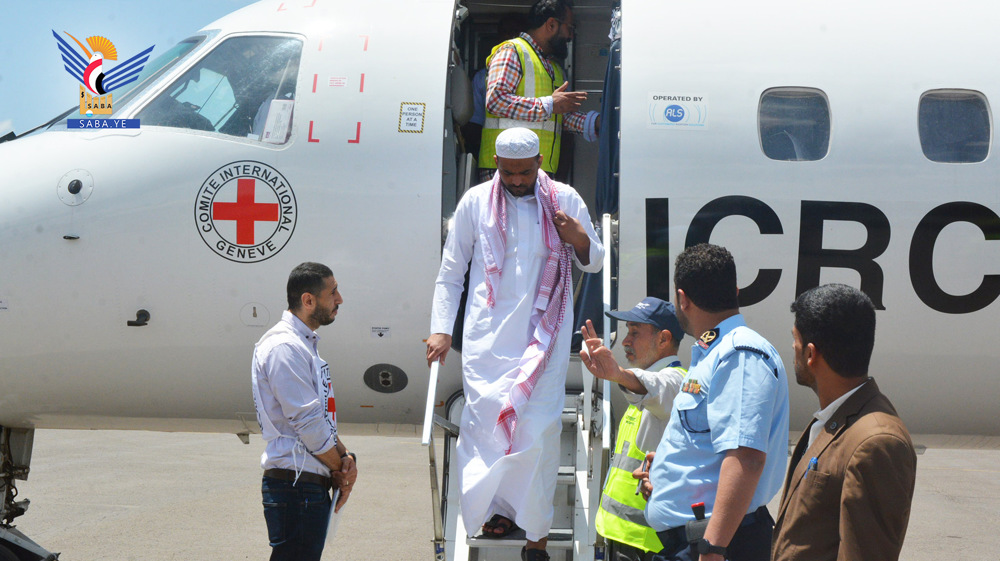
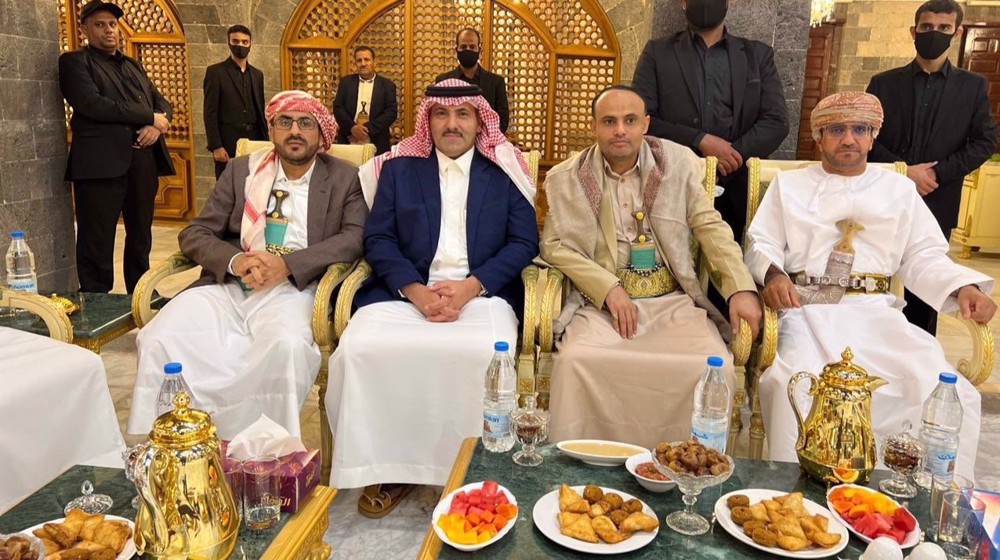
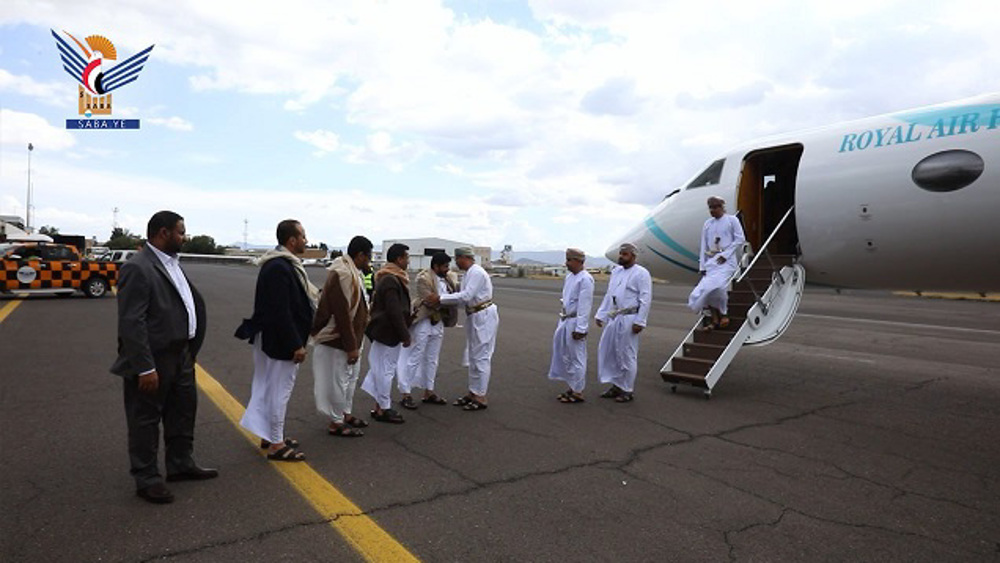



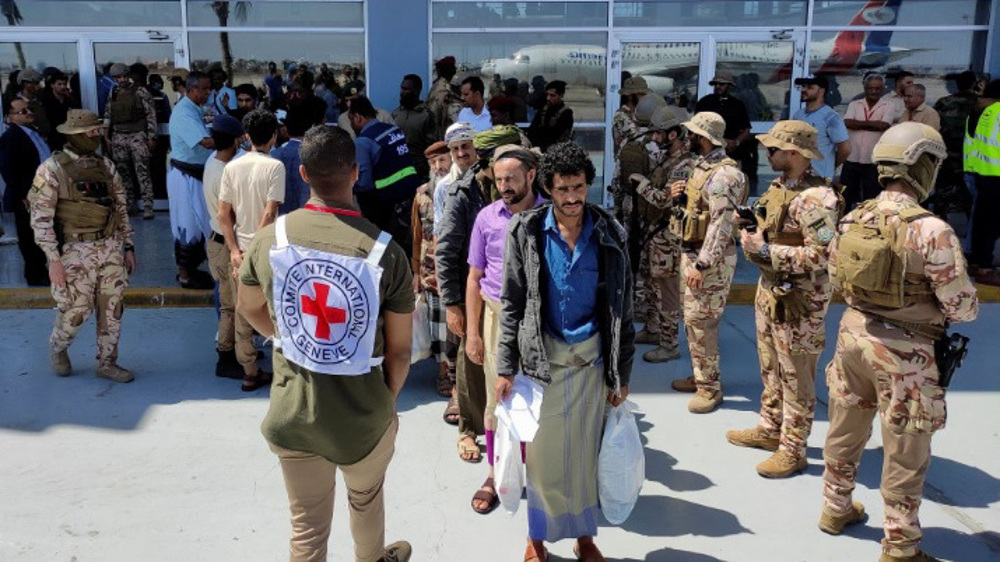
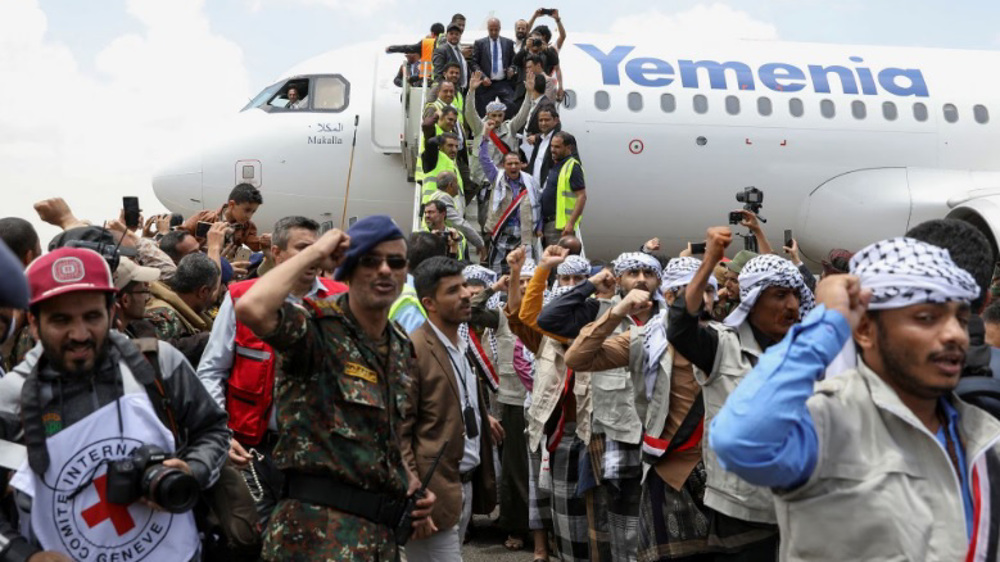
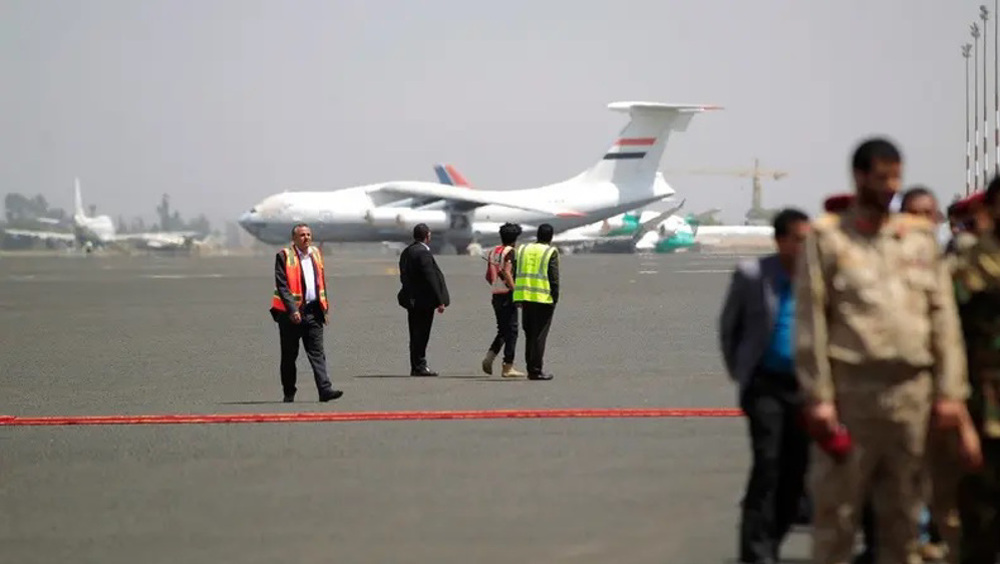

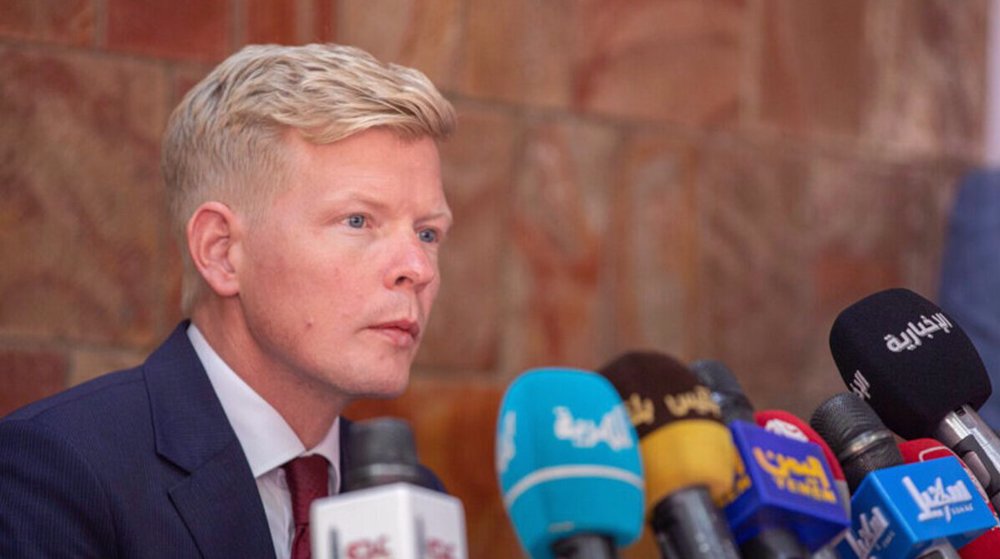
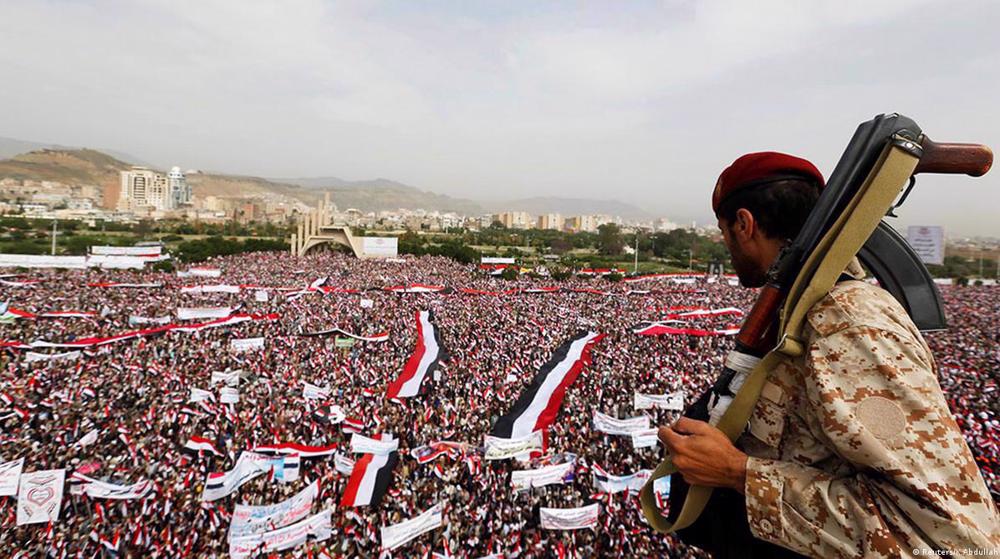
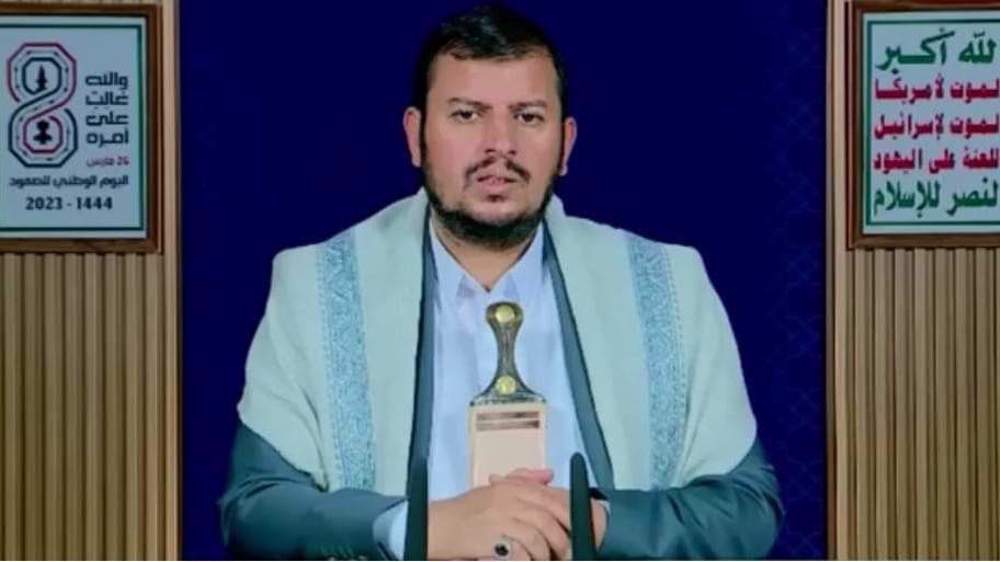
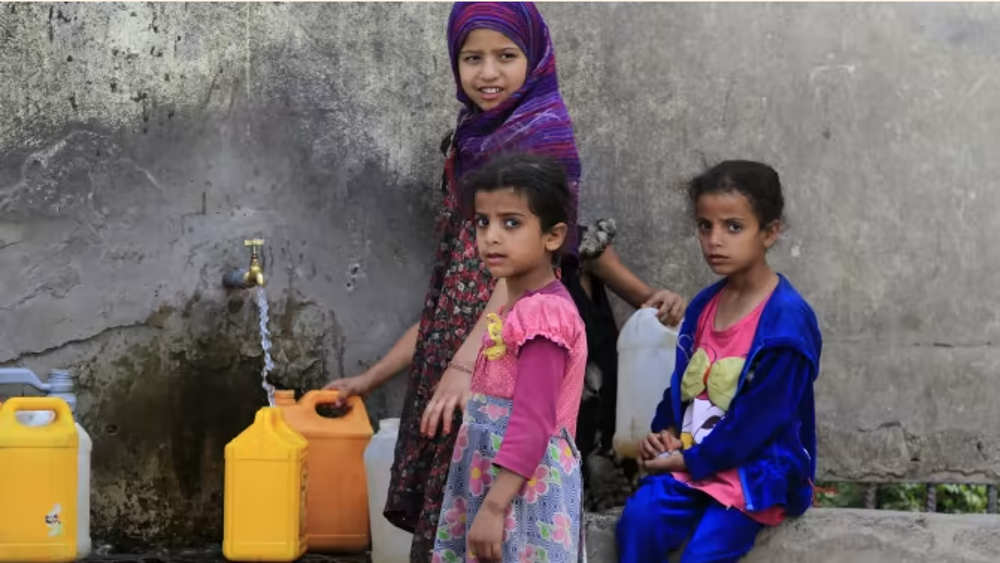

 This makes it easy to access the Press TV website
This makes it easy to access the Press TV website